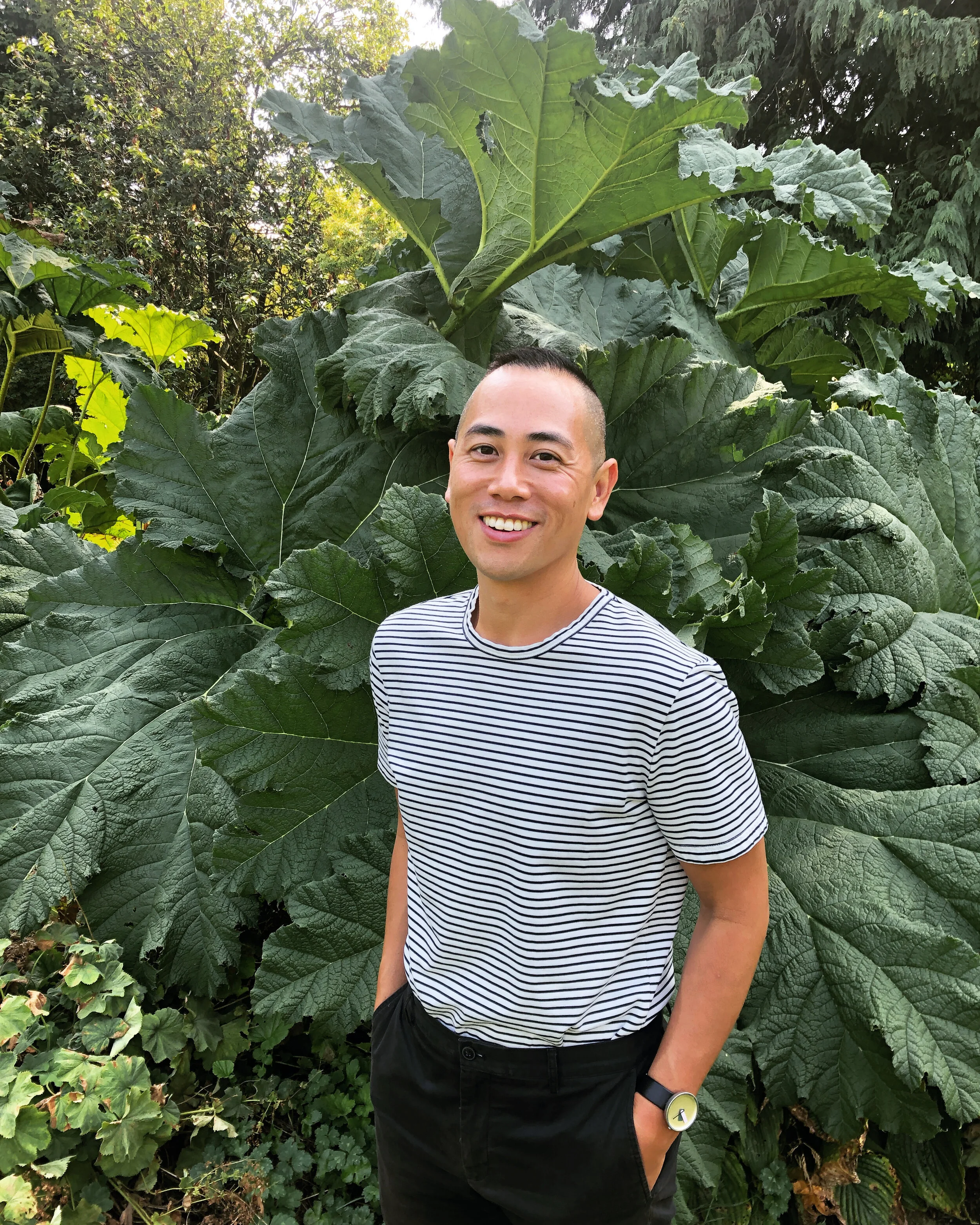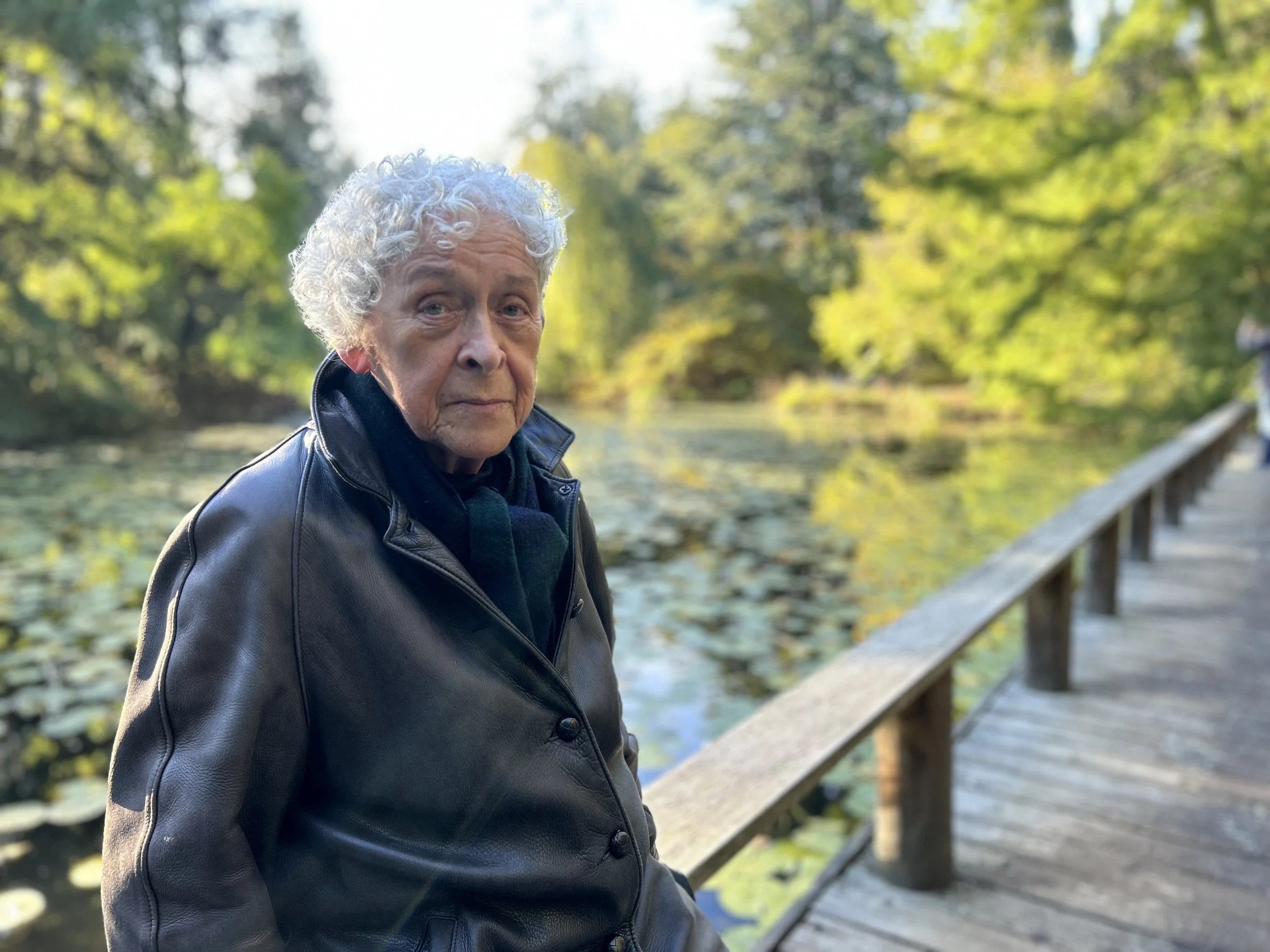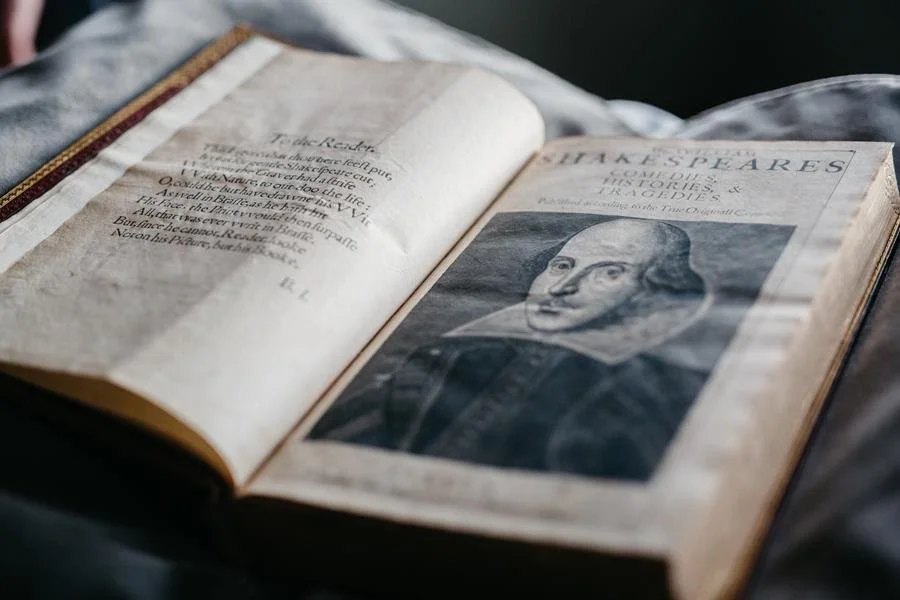Stir Q&A: Modern queer tragedy After Elias picks up the pieces after a soon-to-be-married pilot flies his plane into the sea
Eddy Boudel Tan’s experiences living in Vancouver as the queer son of immigrant parents informs his gripping debut novel about love and grief
Eddy Boudel Tan is the author of After Elias.
ON MARCH 24, 2015, Andreas Lubitz deliberately crashed a Germanwings airliner into the French Alps, killing himself and all 149 people onboard. Vancouver author Eddy Boudel Tan found himself engrossed by the event—what could have possibly been going on inside Lubitz’s mind and how those closest to him, shattered, were left to find answers.
He bases his debut novel, After Elias, on that devastating incident, crafting a tender and suspenseful story of sorrow, hope, and love.
Giller Prize-nominated author Timothy Taylor described After Elias as a “truly rare and wonderful book”.
Stir caught up with Boudel Tan to hear about his writing process and the fear of losing everything.
After Elias was inspired by the horrific crash of Germanwings Flight 9525 in 2015. What was it about that event that had you poring over every detail?
What happened on that flight was inconceivable to me. The co-pilot locked the captain out of the cockpit before steering the plane into a mountainside, killing everyone on board. I obsessed over this story as it unfolded, trying to imagine what could have driven this man to commit such a senseless act. Most of all, I couldn’t stop thinking of the people in his life who must have loved him. He had a romantic partner, a close-knit family, friends—would they be any closer to understanding?
After Elias examines the possible answers to this question as it follows those left behind in the wake of a similar tragedy.
You’ve mentioned feeling as if you're always one step away from losing everything. Where do you think that fear comes from? Does it ever leave you paralyzed? How do you push past it?
In many ways, I think we’re all one misstep away from losing everything. Some of us may be more aware of it than others. It’s an uncomfortable thing to think about.
My identity as a queer man makes it harder to ignore. The LGBTQ+ community in Canada is in this era of mainstream acceptance. We have corporate-sponsored Pride celebrations and marriage equality, thanks to battles fought and won by previous generations. It’s all easy to take for granted as we quote lines from Drag Race and watch the world cheer on David and Patrick’s wedding on Schitt’s Creek. The hard truth is all of it can be taken away from us. It’s happening today in countries around the world where public attitudes and government policies are turning against LGBTQ+ rights. This becomes abundantly clear whenever my husband and I make travel plans—we’d be breaking the law in 72 countries by being a gay couple, and we could be sentenced to death in 11 of them, including my parents’ birth country of Brunei. Even here at home, battles are being fought every day.
Being raised by immigrant parents has also left me acutely aware of how fragile everything is. My mother and father came to Canada to give their children better opportunities, and they succeeded. My brothers and I were given the education and support to pursue our personal and professional goals, but we were raised to not take anything for granted. My ambition in life has always been coupled with vigilance, knowing that no matter how much is achieved, it can be lost in an instant if I’m not careful. I wouldn’t say it’s paralyzing. In fact, I’m known for my optimism! I simply see it as a truth that’s better acknowledged than ignored. Despite the anxieties it can cause, it also helps keep me grounded in the moment and grateful. I remind myself that nothing is permanent, so it’s okay to not hold on so tightly.
This is the heart of my book, really. The fear of losing everything, and what we learn about ourselves when that fear becomes reality.
It's intriguing to consider that we might not, or probably don’t, know the people closest to us as well as we think. We all have secrets. Why did you want to explore this element of humans and human relationships in your book?
I like to dissect provocative and troubling ideas through my writing, and the idea that we may never truly know each other, no matter how close we think we are, could be the most troubling of all.
Despite the somewhat sensational premise of my book—a pilot flies an airplane into the sea one week before his wedding day—it’s ultimately a story about people and their relationships with one another. The drama and mystery surrounding the crash force the protagonist, Coen, to confront everything he thought he knew about his fiancé and their life together. He no longer has any choice but to ask the uncomfortable questions, to face some dark and disturbing truths.
I’ve often wondered if there’s much of a difference between perception and reality. We only ever meet the sides of people they choose to show us, and they’re filtered through our own biases. Every interaction is interpreted, subject to our own limited understanding, while we decide what to reveal and conceal ourselves. That’s not to say that humans can’t enjoy intimate, authentic, fulfilling relationships, but I do believe that we are very limited in how deeply we can know another person. Humans are both too flawed and too complex. We can’t help it.
What do you love about writing?
Telling truth through a story. I often come across people who don’t read fiction because it’s not “real.” Though I respect this opinion, I don’t think something must be real to be true. A story may be the creation of one’s imagination, but it has the power still to evoke meaning. I often find myself relating more to fictional characters than “real” people. I love to create this for my readers, taking them on a wild journey of the imagination with surprises and revelations, then leaving them with a bit of truth.
Despite the tragic setup of After Elias, it isn’t a story of doom and gloom. The greatest challenge of writing this novel, as well as what I’m most proud of, was striking the right balance between dark and light. There is some heavy subject matter, and it was important to me to treat that with the respect it deserved, but I also wanted there to be an element of lightness and levity throughout. Much like life itself, there are moments of joy, moments of pain, and everything in between. My favourite reviews are from readers who say that they found themselves crying and laughing at various points throughout the story. They lead me to believe that I might have done something right.
What's next for you?
My second novel, The Rebellious Tide, comes out next summer. It’s a story about obsession, blame, and identity set on the Mediterranean Sea. I’m very excited about it!
I’m currently in the very early stages (and I do mean early) of writing my third novel. Like much of the world, I expect to have a quieter-than-usual holiday season, during which I hope to write lots, fueled by caffeine and the occasional Christmas song break. Sia’s holiday album is my all-time favourite.















